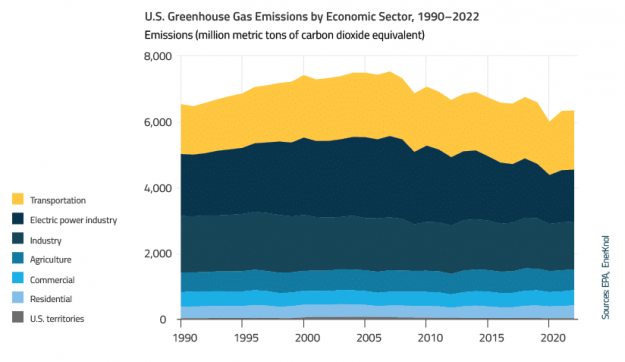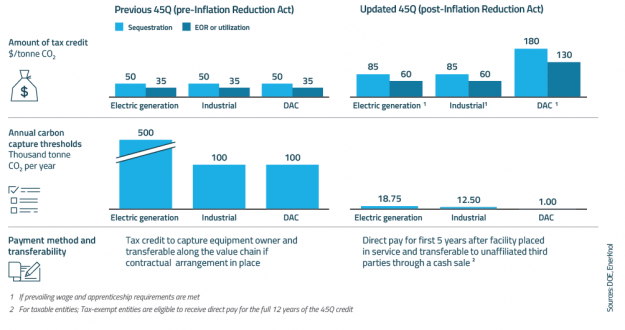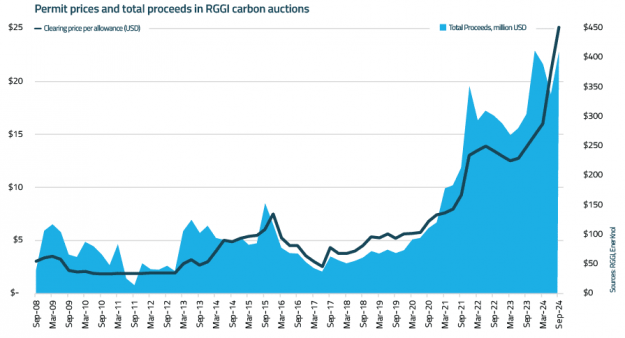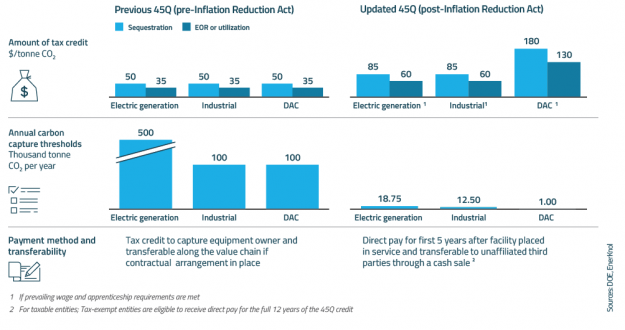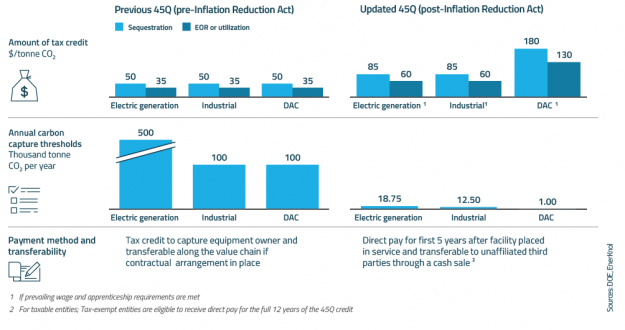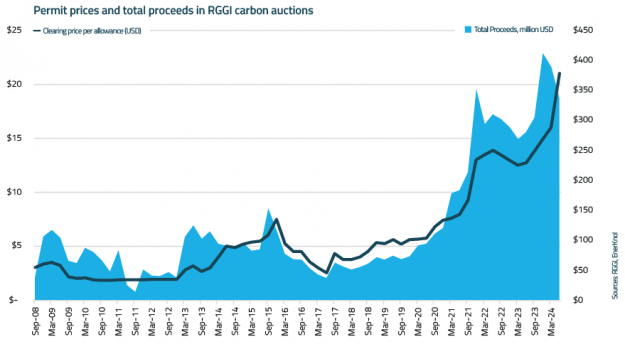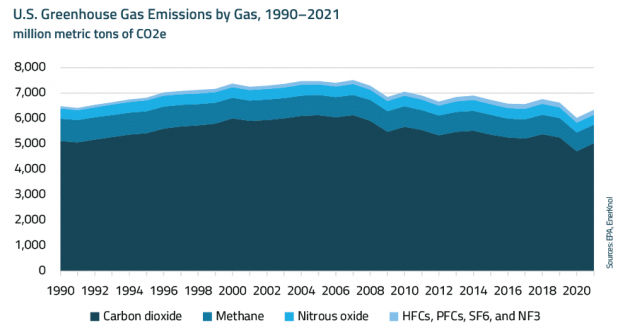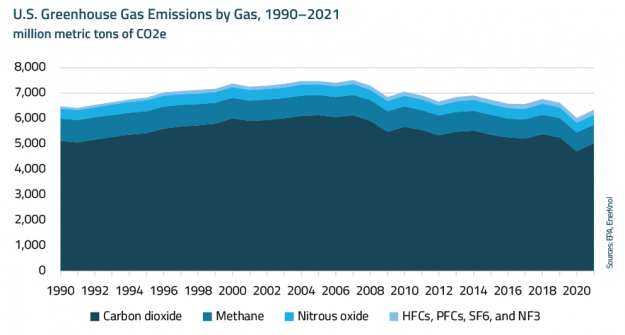Visual Primer: Biden Administration Fast-Tracks Clean Energy and Climate Initiatives
The Biden administration is accelerating efforts to secure its clean energy and climate accomplishments, advancing rules and funding programs to drive decarbonization. Recent initiatives, such as methane emission rules and clean energy investments, aim to solidify progress achieved during the administration's tenure. However, the incoming Trump administration raises concerns of potential policy reversals, similar to the sweeping rollbacks seen in 2017.
